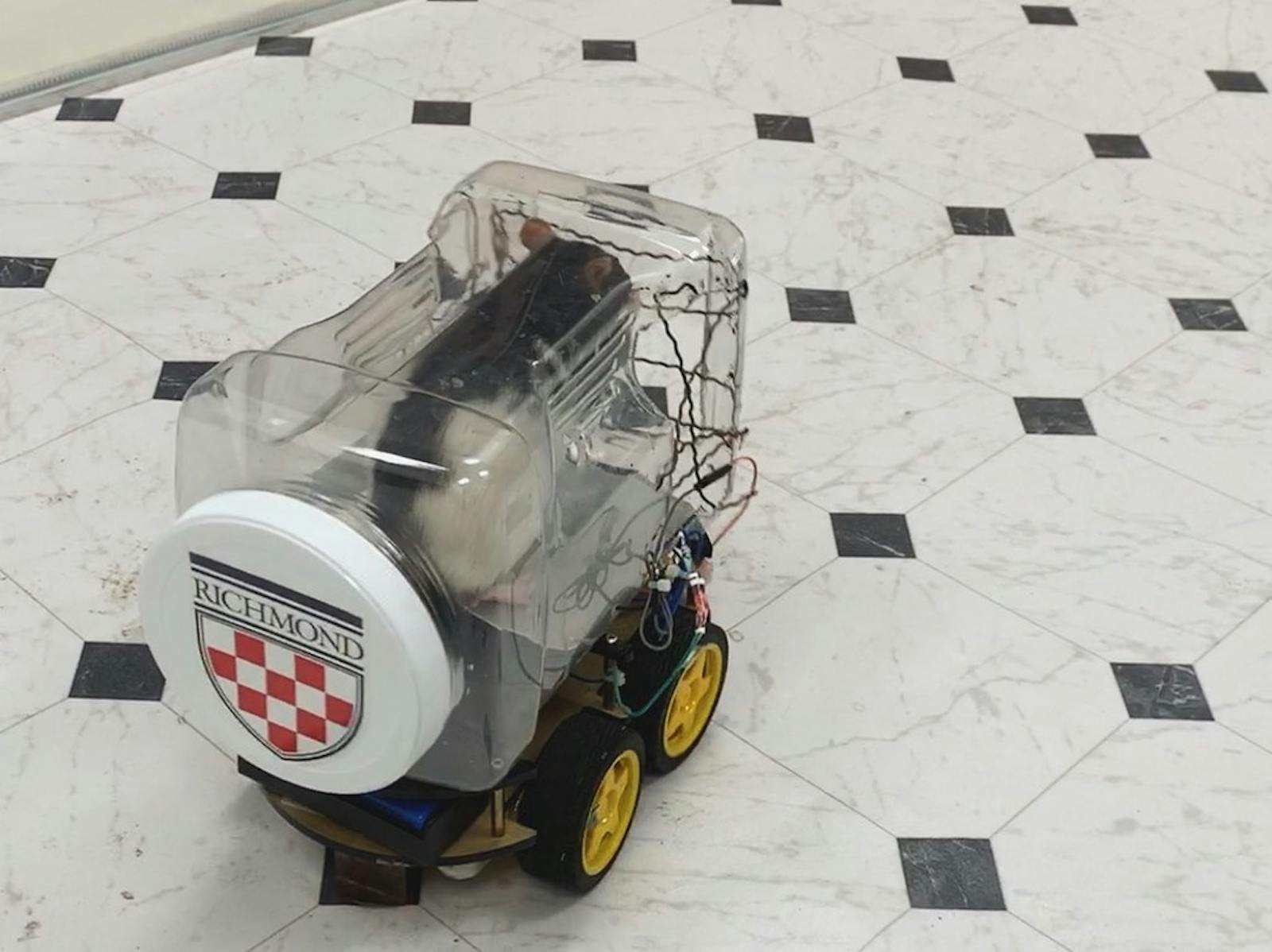Ford’s eco-friendly tie-up with McDonald’s takes cars and coffee a bit too literally
There’s nothing like McDonald’s coffee bean skins recycled into Ford headlamp housings to give you that warm and fuzzy Christmas spirit.
Ford says that millions of pounds of “coffee chaff” are produced annually as a byproduct of McDonald’s roasting process. Now, “Ford and McDonald’s can provide an innovative new home to a significant portion of that material,” according to the automaker’s statement. How sweet.
Turns out that heating coffee “chaff” to high temperatures under low oxygen conditions, and mixing it with plastic and sundry other chemicals, makes a rather efficient material. McDonald’s successfully minimizes its waste products, and Ford gains a material that’s 20-percent lighter and 25-percent more energy efficient than its current composite.
It’s not the first time Ford’s collaborated with a well-recognized company in the food industry. In 2013 Ford partnered with Coca-Cola to use an interior fabric in its Ford Fusion plug-in hybrid that shared technology with Coca-Cola’s PlantBottle packaging. Coca-Cola claimed this partially plant-based material to be the first fully recyclable PET plastic beverage bottle. Ford subsequently developed a fiber from that same technology and wove it into the Fusion’s interior seat fabric.
Ford intends to use this “chaff composite” not just for headlamp housings, but also for some under-hood and interior components. Though Ford will incorporate the material in its products, Competitive Green Technologies will actually process the coffee chaff. The Oregon-based firm specializes in biomaterials and has, among other things, previously developed another coffee-related product: 100-percent compostable coffee pods.
To which we raise our various mugs and compostable cups. Just watch out for those Mustangs leaving your local cars and coffee. Cheers!
20191205183003)
20191205183120)
20191205183027)
20191205183054)
20191205183152)
20191205183256)

